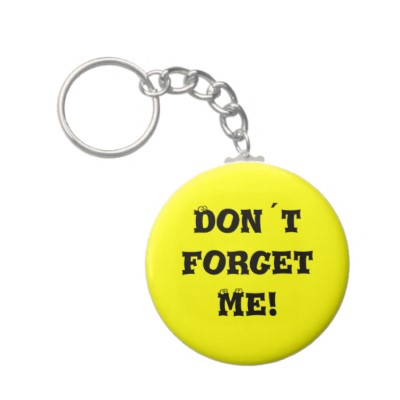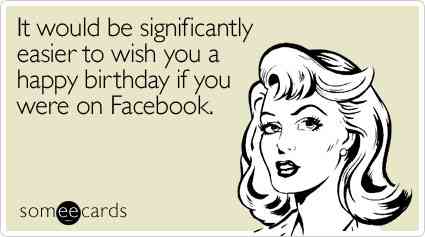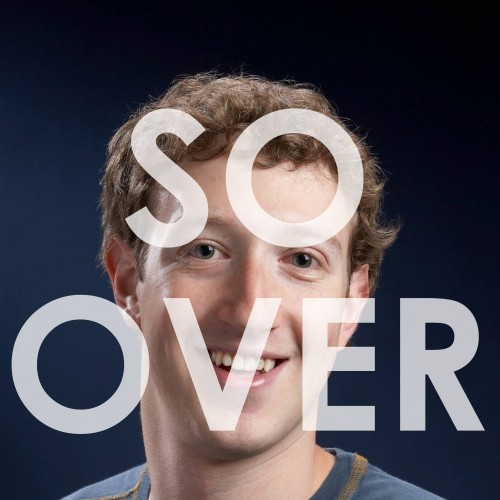
Sweaty palms. Racing heart. Mind wandering to extreme and alarming places. No, this is not a horror movie or a bad dissertation dream. This is Fear of Missing Out (FOMO).
FOMO is a colloquial phrase to describe the anxiety people feel in light of constant streams of information. Not only are broadcast news cycles 24 hours, but so too are social news streams. All day, at all times, the Facebook and Twitter tickers move forward, populated by people, information, and interaction. These streams go on with or without us. It is impossible to keep up. And yet, widespread access through home computers, work computers, smart phones and tablets tempt many of us to try, often wavering between frenzied efforts stay afloat, and resolutions to let the digital world spin without us, determinately avoiding connected devices with clenched jaws, white knuckles, deep breaths, and quick sideways glances full of both longing and animosity. more...






 Malcolm Harris has posted
Malcolm Harris has posted 